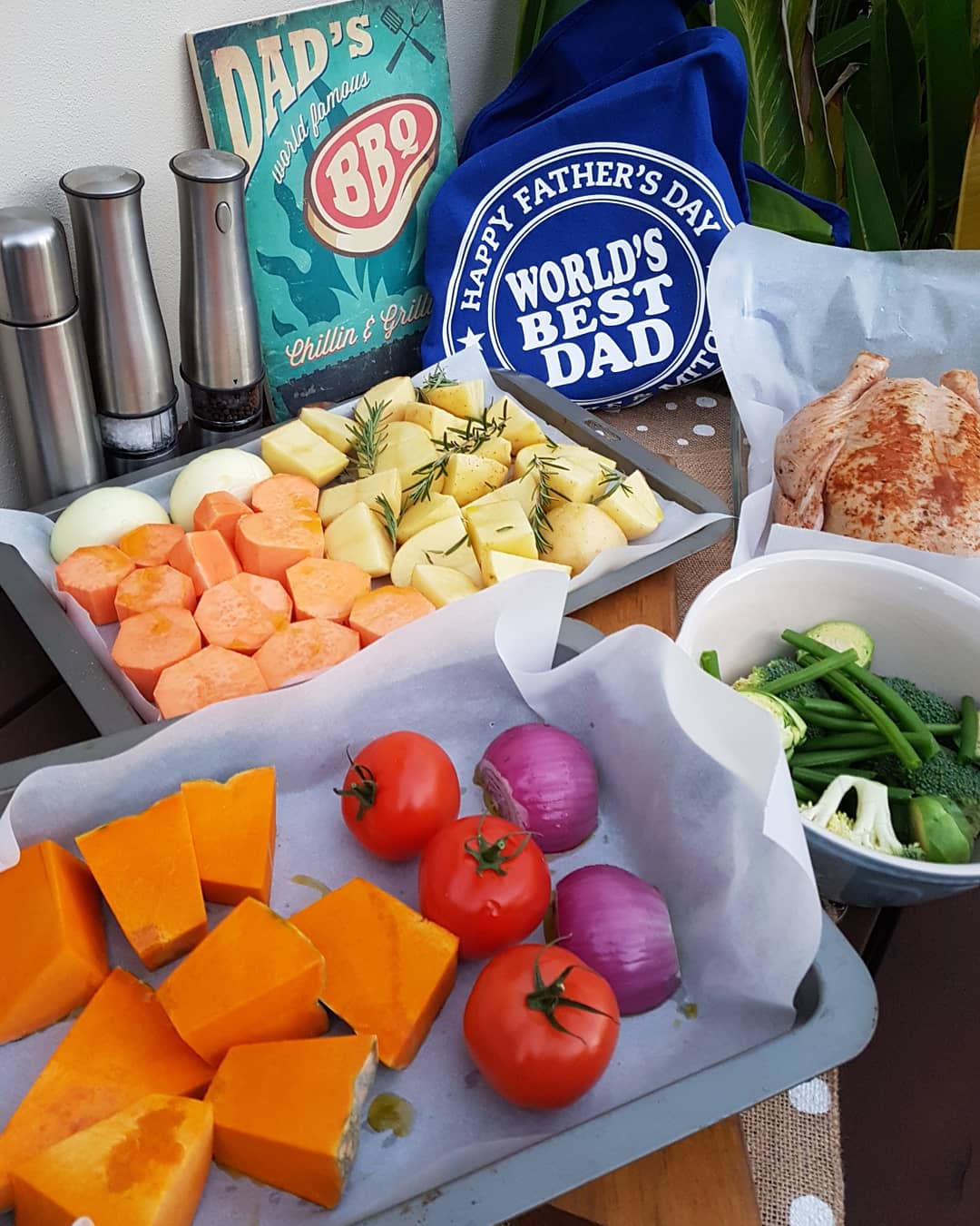 Many of our great chefs are male, but it seems women are the primary food gate keepers in our homes. Some men cook to share the family load and others rarely cook – except for the meat on the barbecue. Unfortunately, it’s quite common for young male home leavers to rely on meal delivery services due to their limited cooking skills. However, research is showing that male retirees are spending more time in the kitchen, becoming more nutritionally aware and buying more healthy food than the younger male generation. Men who spend more time preparing food at home have improved nutrition habits.
Many of our great chefs are male, but it seems women are the primary food gate keepers in our homes. Some men cook to share the family load and others rarely cook – except for the meat on the barbecue. Unfortunately, it’s quite common for young male home leavers to rely on meal delivery services due to their limited cooking skills. However, research is showing that male retirees are spending more time in the kitchen, becoming more nutritionally aware and buying more healthy food than the younger male generation. Men who spend more time preparing food at home have improved nutrition habits.
In Australian, one in two males has a chronic disease such as cardiovascular disease, obesity, back problems, mental illness or arthritis. National Heart Foundation reports that 153 Australian men suffer a heart attack every single day. Only 7% of adult Australians get our recommended five serves of vegetables each day. Men who spend more time preparing food at home eat more vegetables and fruit, than those that spent less time in the kitchen.
Barriers to cooking with raw ingredients include time pressures, desire to save money, desire for effortless meals, family food preferences, and effect of kitchen disasters. A commonality with household food gatekeepers is confidence in cooking skills and ability and understanding of family food preferences. Historically through childhood and schooling, females have had more opportunities and exposure to food, nutrition and cooking within the curriculum and social environment. However it is now exciting to see increasing exposure of food, nutrition and cooking skills within the school curriculum and the likes of Stephanie Alexander Kitchen Garden Foundation.
A study reports that when it’s their turn to cook a meal for the family, many males will often propose a takeaway meal or eating out. This could add to the average household spend of $94 per week on foods eaten outside the home in 2017. Increasing the confidence and skills of male home cooks can play a major role in saving money in every household.
Men are great at getting the protein (meat, fish, chicken) and the carbohydrate (potato, rice, pasta, corn) on the plate, but fresh and colourful vegetables are limited. Only 7% of adult Australians get the recommended five serves of vegetables each day. Use the guide of quarter protein; quarter carbohydrate and half a plate of vegetables when making a meal. Get more vegetables on the plate with a tossed salad, vegetable kebabs or cobs of corn on the barbecue, pack of frozen vegetable mix, pre-packed bag of salad mixes, dry slaws and leaves and fresh stir-fry packs.
Keep things simple – just get the basics onto the table during the week. Leave the weekend for more experimental and leisurely cooking. Try dishes of spaghetti bolognaise, meatballs and vegetables, frittata and salad, crumbed chicken with jacket sweet potatoes and salad or a crowd-pleasing roast dinner. Conquer some simple dishes first as these are the meals that you can fall back on or become known as Dad’s Dinners. Build up your repertoire of family favourites that are nutritionally balanced and also quick and convenient.
Empowering men to get in the kitchen is so important for them and their family’s health and wellbeing. This is something which is the passion of dietitian, Joel Feren (www.thenutritionguy.com.au) and his initiative of #getyourmaninthekitchen. His advice is simply to “give it a go”. Experimenting and cooking in the kitchen will lead to increased confidence and skill in more men in the kitchen – happy, healthy and nourished families all round.
Some Brisbane Healthy Cooking Classes with Men in Mind ….
Scrumptious Summer Salads, Kitchen Essentials, Italian Osteria Cooking at Golden Pig
Life Skills in the Kitchen at James St Cooking School
Seafood, Winter Warmers, Quick & Easy Meals at Hundred Acre Bar

